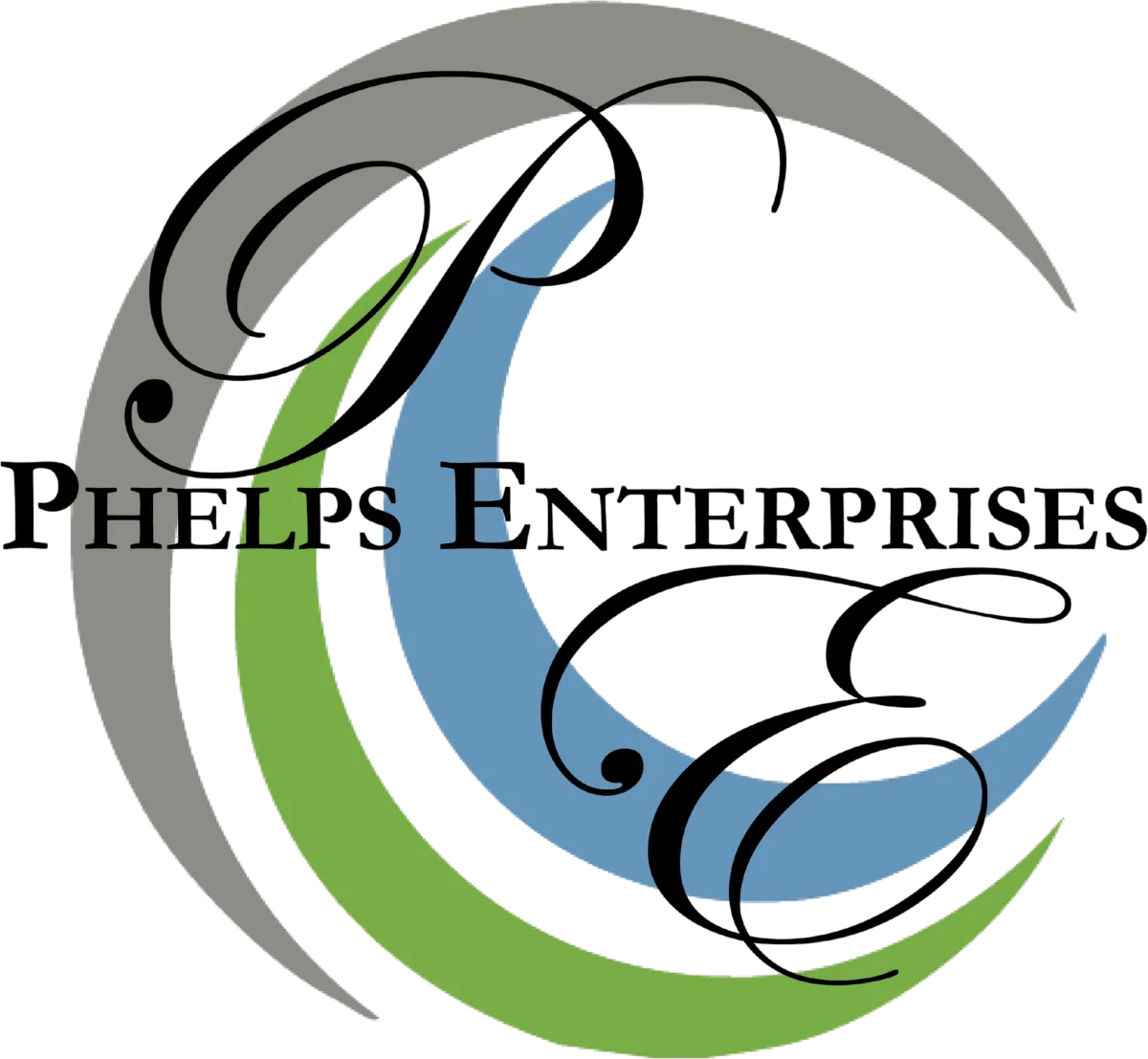See Our Latest Posts and News
Access our FREE Blog and Learning Library of content

In Business, Nothing Moves Until the Unspoken Is Said
In Business, Nothing Moves Until the Unspoken Is Said
The room was full, but the air felt tight. Slides clicked by smiles stayed fixed, and no one named the risk everyone saw. The meeting ended on time, the project moved ahead, and a chance to fix a simple flaw slipped away. If you have sat in a room like that, you know the cost. People see the roadblocks, but fear wins. Fear of conflict, of looking unprepared, of stepping on toes. So, we wait for someone else to say it, and the moment passes.
Here is the simple truth. In business, progress stalls until the unspoken is said. Ideas do not improve in silence. Risks do not shrink when we ignore them. Relationships do not grow when we hide what we really think.
This shows up in daily work. Deadlines slip because no one asks for help. Teams repeat the same mistake because no one shares what they learned. Sales drift because no one says the real reason a deal keeps stalling. It also shows in how we treat each other. We avoid hard feedback, then feel let down when things do not change. We guess at motives, then react to guesses, not facts. Trust thins, meeting by meeting.
Silence is not neutral; it is a choice that builds hidden debt. That debt comes due in rework, churn, and lost time. The fix is not loud voices or blunt force. It is safe, clear, honest talk at the right time. You can build that safety without drama. Name the stakes, invite the facts, and thank the truth. Use short, real words. Ask for what you need. Make it easy to speak up, and even easier to be heard.
This post will show simple ways to surface what people hold back. You will learn how to frame hard topics, set clear norms, and respond with care. The goal is a team that speaks up early, solves faster, and trusts more.
PThe Hidden Cost of Unspoken Problems in Teams
Silence builds friction you cannot see. People hold back to protect themselves, then goals slip. The signs look like slow decisions, a quiet chat after meetings, or a teammate who stops trying. Unspoken problems drain focus, trust, and time. When everyone talks around the issue, the work carries hidden weight.
When resentment sits unspoken, work slows without a clear reason. People stop sharing context, and small tasks need extra checks. Handoffs get messy, so simple decisions stack up. In group work, silence turns into rework. A missed detail in sprint planning becomes a fire drill two weeks later.
In hybrid teams, this hits hard. Remote teammates often learn last, or not at all. Picture this: the manager credits the onsite group in a recap, and the remote analyst’s work gets a brief mention. No one speaks up. The analyst pulls back on the next task and shares fewer ideas. The team loses speed and a valuable point of view.
Teams take their cues from leaders. If a manager admits a mistake in a meeting, people feel safe to be honest. That is psychological safety in action, and it ties to better problem solving, higher engagement, and faster learning. When leaders invite hard feedback, and protect those who speak up, teams surface risks early.
Use vulnerability as a tool. Say, “I missed this dependency, that slowed you down. Here is how I will fix it.” Then ask, “What did I miss here?” That simple act lowers fear and raises trust.
Spotting Signs of Unspoken Tensions in Negotiations
Hidden doubts stall deals and sour partnerships. People agree on the surface, then drag their feet. You can spot the signs early, name them with care, and move the deal forward. Think of it like checking the dashboard while you drive. Small warning lights save you from bigger trouble later.
Common Red Flags in Business Deals
Unspoken tensions often show up before anyone says a word. Watch for cues that signal doubt or hidden risk.
Avoided eye contact: Pullback when price or terms appear.
Crossed arms: Defensive stance, low openness to trade-offs.
Tense face or pursed lips: Disagreement without words.
Leaning away: Distance from the topic or the ask.
Hands hidden: Unease with risk or disclosure.
Short answers: “Fine,” “Sure,” “Works,” with no details.
Vague timelines: “We will review soon,” with no date.
Topic changes: Shift away from price, delivery, or penalties.
Hesitant nods: Polite signals, not true buy-in.
Slow replies in email: Interest fades, priorities shift.
Quick example: A SaaS vendor presents a three-year contract. The buyer nods but keeps arms crossed and dodges the service-level clause. The seller pauses and says, “It sounds like uptime and penalties are top of mind.” They explore failure windows, add a quarterly opt-out, and set a 90-day proof phase. The buyer relaxes, asks real questions, and signs that week. Naming the silence sped up the close and protected the relationship.
Real Benefits When Businesses Speak Up Freely
When people say what they see, work gets easier. Teams catch risks early, swap better ideas, and move with purpose. The payoff shows up in stronger relationships, faster progress, and fewer redo cycles. Recent reports point to the same pattern. Companies that build open, steady communication see higher engagement and better results. Deloitte’s 2025 trends highlight higher engagement and lower turnover in collaborative cultures. McKinsey notes stronger profitability where internal collaboration is real, not slogans. The gains stick because honesty fuels trust, speed, and learning.
How Open Talk Sparks New Ideas and Growth
Openness invites creative answers to real problems. It starts with one person who risks saying the thing that matters.
Picture a hybrid product team stuck on a stale checkout flow. Everyone knows conversion is sliding, but no one wants to call out the design debt. A new engineer speaks up in the retro. “I am nervous to say this, but our flow adds three clicks no one needs.” The designer takes a breath and replies, “You are right. I have felt it too.” They set a one-week spike, invite support and sales to listen, and share raw customer calls. In two sprints, they cut the steps in half and lift conversion. Six months later, churn drops and referral volume climbs. The long-term win is not just the metric. It is a team that trusts feedback and ships improvements faster.
You can build the same momentum:
Small risks, often: Short check-ins, clear asks, public thanks for candor.
Shared data, shared wins: Put customer notes where everyone can see them.
Simple rituals: Weekly huddles for blockers, monthly demos for learning.
Hybrid habits: Cameras on for key debates, written recaps for clarity.
Recent examples echo this. Zappos and Southwest keep open forums and daily huddles to surface ideas fast. A regional e-commerce team grew users by folding open feedback into daily work. Try one move this week. Name a tension, invite a fix, and credit the voice that spoke up.
Conclusion
Progress starts when someone names what others only sense. That is the thread through every story here, from tense rooms to stalled deals. Say the unspoken, and you recover time, trust, and focus. Recent studies show that strong psychological safety lifts innovation and lowers turnover, which matches what teams feel when candor becomes normal.
We all face silence sometimes. Fear of conflict, fear of being wrong, fear of looking difficult, it happens to everyone. Meet that fear with small, steady acts. Use short words, invite facts, and thank the truth when it shows up.
Make it real this week. Schedule a 20-minute team check-in to call out risks and needs. Add a one slide “What we might be missing” prompt to your next meeting. Run a two-question pulse survey on safety and clarity, share the results, and pick one fix. Close each meeting with a crisp recap that names decisions, owners, and open risks.
Keep your promise in public, repeat it in private, and give credit to the person who spoke first. Small signals build fast, and the culture shifts before the quarter ends. The habit you reinforce today becomes the speed you enjoy tomorrow.
Say the quiet part, then move.
Driving Growth, Amplifying Impact
R.A. Everist, L.G. Everist, Inc.

Brian Phelps is the kind of business leader who can turn a skeptic into a believer: he can be empathetic to both sides of any transaction, from major contracts to the smallest of sales. Results are the things that matter, and Brian has consistently produced them for our company. I have always admired Brian’s work habit of arriving early and staying late. This kind of character is rare in the fabric of modern business.
Jeffrey L. Pray CPCU RPLU AFSB CIC

When I look back on my years of working with Brian, I am reminded of the adage of the tent posts that are required of a viable tent; not a pup tent mind you, but a large tent; the kind the circus’s of old had to put up, take down, travel to the next town and do it all over again. The bigger the tent, the more posts that are needed to hold it up. We are all responsible for our own tent, whether at home or at work. The analogy of those posts are Respect, Empathy, Fairness, Accountability. However, the post in the center of the tent is critical, without which the rest of the posts will see the tent fail. That post is Integrity. Brian Phelps made sure that all five posts were securely in place and secured it all with integrity. I know this because there were several occasions when our business relationship was being challenged by others and Brian responded each time with all five posts soundly in place.
Get In Touch
Email: [email protected]
Address
Office: Dell Rapids, South Dakota
Assistance Hours
Daily and By Appointment
Phone Number:
(605) 595-3422
Unleash Your Business Brilliance.
I help serious business owners and organizations generate more clients, close more sales, and increase their overall revenue and profits quickly and inexpensively


